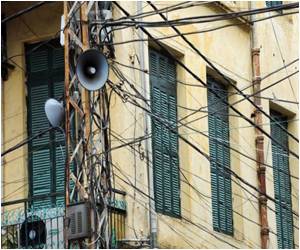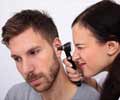Seems like your mom was right about loud music damaging your ear after all. Scientists have now discovered which part of the ear gets damaged by loud music and how

To make this discovery, Shi and colleagues used three groups of 6 - 8 week old mice, which consisted of a control group, a group exposed to broadband noise at 120 decibels for three hours a day for two days, and a third group given single-dose injections of pigment epithelium-derived factor (PEDF) prior to noise exposure. PEDF is a protein found in vertebrates that is currently being researched for the treatment of diseases like heart disease and cancer. The cells that secrete PEDF in control animals showed a characteristic branched morphology, with the cells arranging in a self-avoidance pattern which provided good coverage of the capillary wall. The morphology of the same cells in the animals exposed to wide-band noise, however, showed clear differences -- noise exposure caused changes in melanocytes located in the inner ear.
"Hearing loss over time robs people of their quality of life," said Gerald Weissmann, M.D., Editor-in-Chief of The FASEB Journal. "It's easy to say that we should avoid loud noises, but in reality, this is not always possible. Front-line soldiers or first responders do not have time to worry about the long-term effects of loud noise when they are giving their all. If, however, a drug could be developed to minimize the negative effects of loud noises, it would benefit one and all."
Source-Eurekalert














